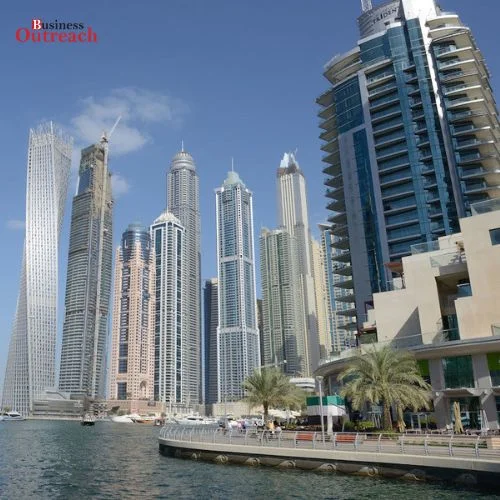A significant step towards sustainable transportation in India was taken on Wednesday when BluSmart, an all-electric ride-hailing startup, announced that it will use solar energy from Tata Power to power its fleet of electric taxis.
According to a deal between the two businesses, BluSmart, based in Gurugram, will receive 30 megawatts (MW) from Tata Power this year, which will be utilised for its whole fleet of 6,000 electric taxis in Bengaluru and Delhi NCR. The agreement’s financial details were kept a secret.
The 200 MW solar project owned by Tata Power in Rajasthan will supply the electricity. BluSmart co-founder Punit Goyal told ET that the deal has a 20-year term with a five-year option.
At the moment, BluSmart runs 35 EV charging stations in Bengaluru and Delhi NCR, with sizes varying from 40,000 to 160,000 square feet and yearly energy consumption of 0.7 to 2 MW. Depending on their size, these hubs have a daily charging capacity of 100–400 taxis.
According to Tushar Garg, who oversees the company’s charging infrastructure, the 30 MW supply will meet all of BluSmart’s charging requirements through March 2025. BluSmart plans to increase power usage in tandem with its fleet development, with an objective of utilising an additional 70 MW of renewable energy in the upcoming 18 months, starting in March 2025.
According to Goyal, BluSmart intends to increase the number of taxis in its fleet to over 10,000 within the next two to three quarters, and beyond 20,000 by December 2025. He went on, “Our charging network will be the cornerstone upon which the ride-hailing industry will be built.”
According to Garg, the company will stop producing Scope 2 emissions with this action. He continued, “We can now declare that we are a genuinely zero emission business. We have always been proud to be a zero-tailpipe emission business.”
BluSmart said that switching to renewable energy will improve their financial situation. “We spend between Rs 4.5 and Rs 6.5 per unit of electricity as rate in Delhi, Haryana, and Karnataka to charge our electric vehicles, and between 60 and 70 percent of that originates from ‘unclean’ sources like thermal power. This deal will keep that cost within Rs 4 per unit, according to Garg.
As of January 2024, BluSmart had exceeded a $55 million annual revenue run rate. Although it has not yet submitted FY23 statistics, it is said to have brought in Rs 170 crore in operating revenue that year.
According to Goyal, BluSmart may ultimately allow other fleets to use its EV charging infrastructure, which is presently only available for its own cars. Without going into detail, he continued, “The company is also open to working with other power providers to charge three-wheeled commercial vehicles in the logistics space.”
According to Garg, roughly 30% of its charging outlets are utilised for rapid charging, which makes use of both the DC-001 and the Combined Charging System (CCS). The remaining 70% are reserved for slow charging.
On January 29, ET revealed that Zurich-based climate finance company ResponsAbility had given BluSmart $25 million in loan and equity financing. The company had stated at the time that it would use the money to increase the availability of EV charging stations.















